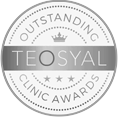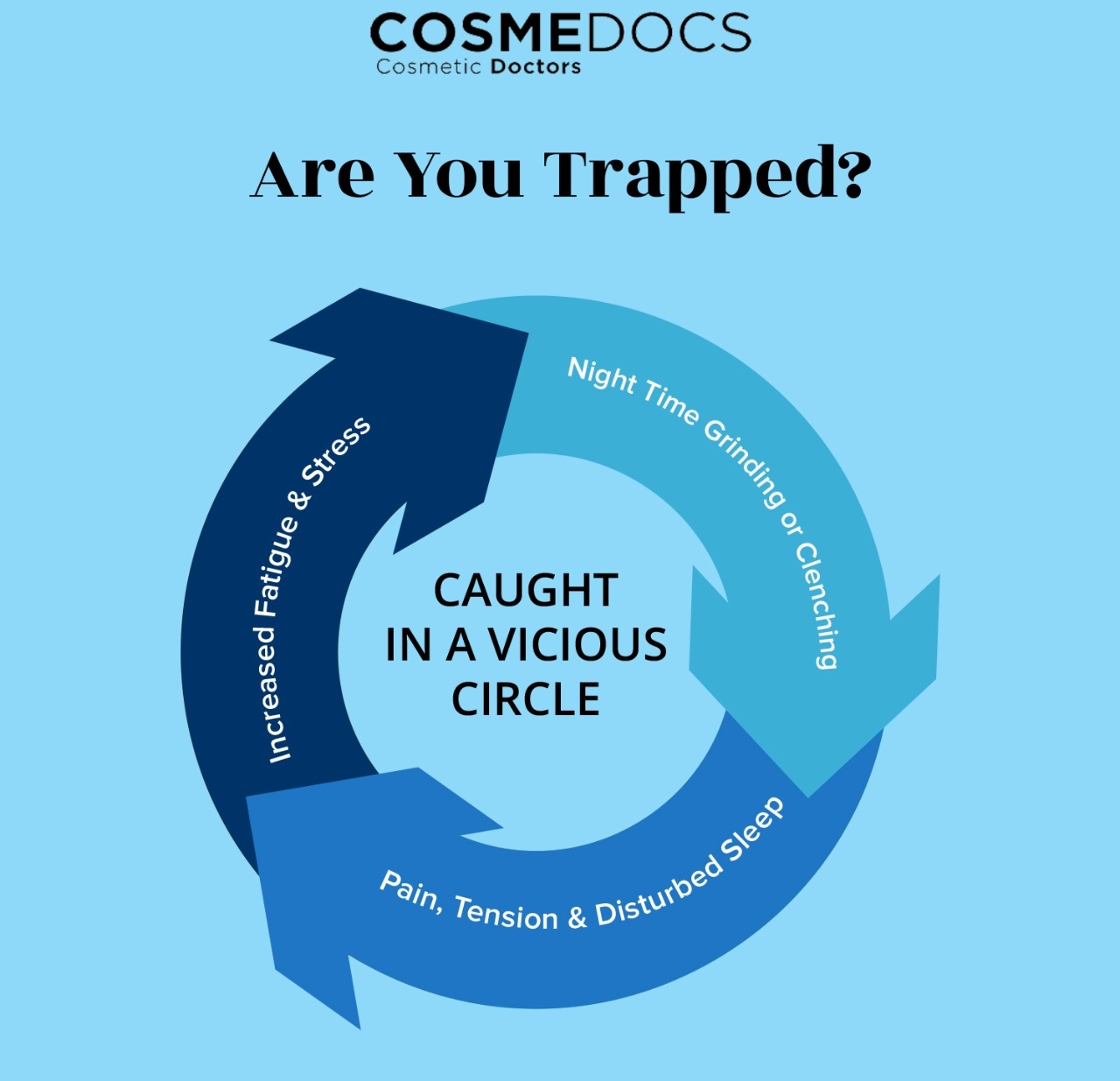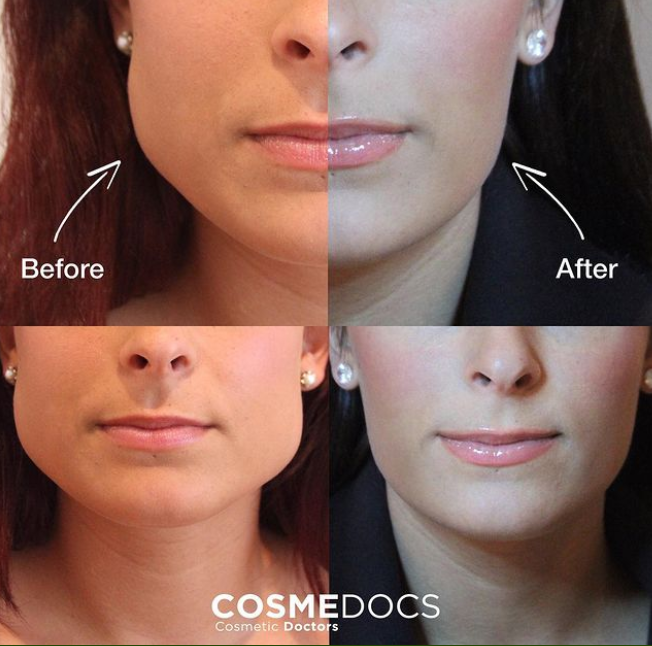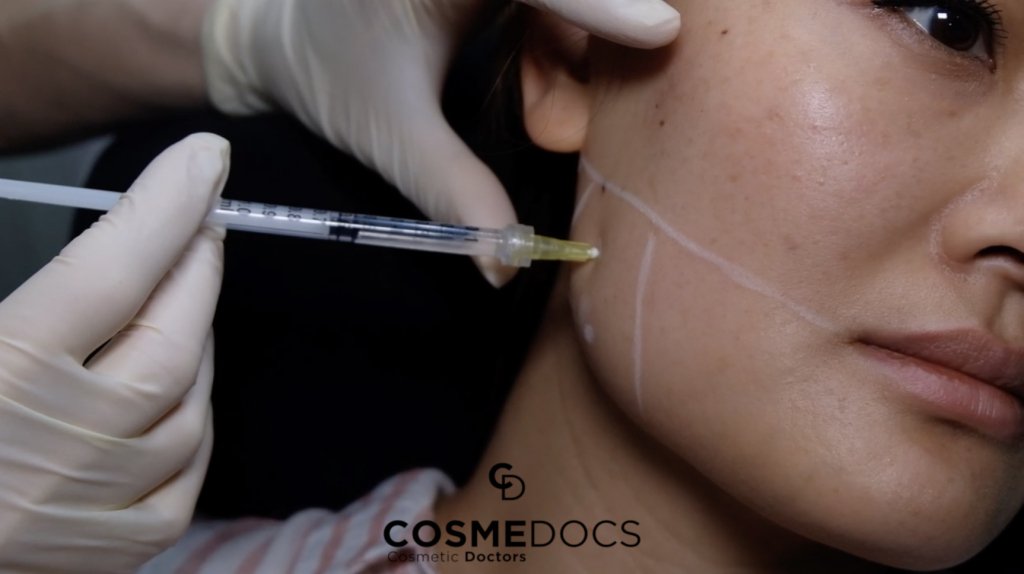Are you tired of always waking up with sore jaws, agonizing headache and sore teeth? Does Bruxism worsen your work stress during the daytime? Teeth grinding, gnashing, and jaw clenching is quite common, but it is unnecessary anymore! Botox for Bruxism has brought a sigh of relief to many.
What Is Bruxism?
Bruxism happens when you frequently and excessively grind your teeth. Moreover, in this condition, you may not be deliberately clenching your teeth when you are awake or when you are asleep. Sleep-related bruxism is harder to control and thus, poses a bigger challenge to its sufferers.
How Does Bruxism Cause Teeth, Jaw and Headache?
Chronic Headaches
Constant grinding leads to tensed muscles stiffness during the day, and you may also become dizzy and lightheaded. Unconscious teeth gnashing at night can disrupt sleep, and morning headaches repeat.
Moreover, jaw clenching also triggers severe migraine episodes that affect your personal and professional life. Botox for bruxism has proven to significantly reduce the headaches.
Tooth Sensitivity And Poor Oral Health
Long term teeth grinding and jaw clenching can affect your oral health in general. Frequent grinding motions can wear off your tooth’s protective enamel, thus leading to sensitive teeth.
Wearing and tearing of your teeth and gums inflammation usually takes years. However, condition of bruxism can cause significant changes to your oral health in just a matter of months.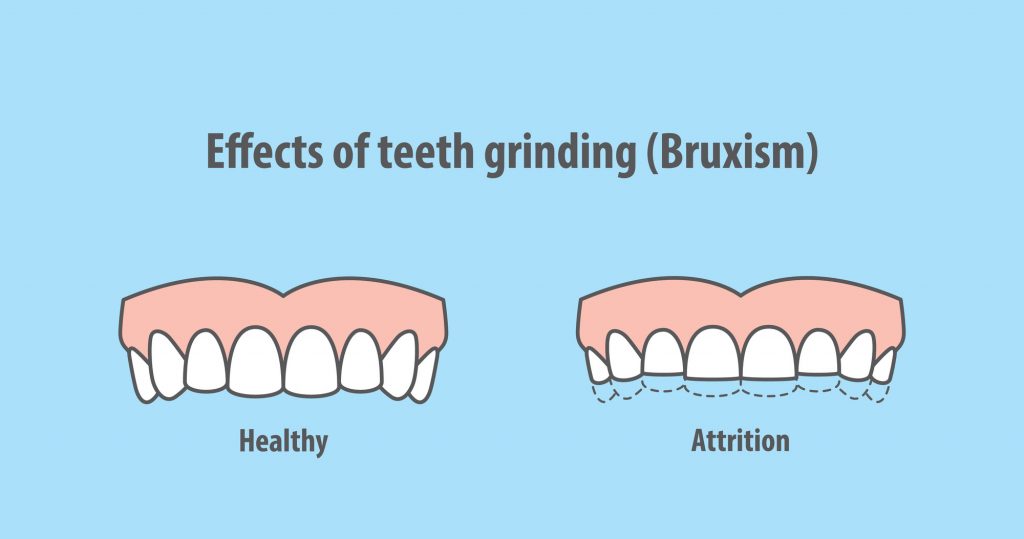
Night time bruxism is deemed as a bigger challenge because it is uncontrollable. Moreover, it can also cause painful blisters inside your cheeks and change bite patterns.
Extreme Jaw Pain And Facial Imbalance
Tight And Sore Jaws
Teeth grinding can be caused by many factors such as day time stress, acid reflux at night, or genetics. If you do not treat your condition, it may cause long term damage to your jaws, including a change in face shape.
Bruxism has known to be the leading cause of sore, stiff and tight jaws. This condition can lead to pain in your head, teeth, ears and neck as well.
It is crucial to treat your tight and sore jaws with botox for bruxism because it can also make it difficult for you to chew and yawn.
Square Face Shape
Your masseter muscles are also known as ‘Master Muscles’. They are used for chewing, eating, swallowing and talking. However, as you use your chewing muscles more than usual, their shape and movement begin to change.
As this overactivity in the form of bruxism continues, your masseter muscles began to enlarge. You may also experience swelling, pain and a physical change in your facial profile, such as a wider lower face.
11 Critical Signs And Symptoms Of Bruxism To Look Out For!
- Worn out teeth, especially the tooth enamel, resulting in sensitivity to hot and cold
- Chipped or cracked teeth
- Facial pain
- Tense and stiff facial and jaw muscles
- Frequent episodes of migraines and headaches
- Broken or Dislocated jaw
- Locked jaw
- Jaw popping because of TMJ
- Enlarged chewing muscles
- Damage to the inside of the cheek
- Constant sleep disruption
Sleep Bruxism Is Uncontrollable And Harmful
Teeth clenching is very annoying and damaging to your overall health. Moreover, the involuntary jaw clenching at night is more challenging than the awake bruxism.
Did you know that it is more difficult to control teeth gnashing at night than during the day because you are not aware of it in your sleep?
According to Sleep Foundation, you can apply a massive pressure of whooping 250 pounds of force on your poor teeth! This can wear down your teeth, induce headaches in the morning and long term jaw and neck pain.
Moreover, sleep bruxism can affect your sleep quality greatly and can even lead to Insomnia!
Botox For Bruxism Can Help Night Time Clenching
Since it is nearly impossible to control jaw clenching during your sleep, Botox for bruxism can actually more helpful than you think!
How? Botox injections help to relax your overactive jaw muscles that become the cause of those horrible headaches. Hence, your inability to contract relaxed jaw muscles can reduce tooth grinding to a great extent!
What Are The Risks Of Bruxism?
| Short-term Risks | Long-term Risks |
| Gums become inflamed and start to recede | Extreme gnashing and grinding can wear away your tooth enamel |
| Teeth become sensitive to hot and cold | Teeth become chipped, fractured, crooked or even loose |
| Frequent earaches, migraines, headaches and toothaches, especially after waking up in the morning | An altered bite, your way of chewing is affected |
| Tight and stiff muscles in your face, neck or shoulders | A wider face — As you grind frequently and excessively, your masseter muscle enlarges, thus, giving your face a wider and asymmetrical look
|
| Sleep deprivation (for you as well as anyone else whose sleep you disturb) | You may develop TMJ dysfunctions and disorders that causes intense jaw pain |
| Sore cheeks from inside upon chewing | Mouth blisters and wounds can cause eating problems and discomfort |
| Sleep disruption at night making you feel tired, and irritable | Sleep deprivation can affect your memory and moods. Moreover, it can increase risk of diabetes, blood pressure and obesity |
Botox For Bruxism Vs. A Night Guard
Dentists and Bruxism sufferers have found it quite challenging to treat teeth grinding and jaw clenching. The reason is that Bruxism brings along a compound of side effects such as:
- Facial Pain
- Chronic Migraines and Headaches
- Wearing away of tooth enamel and poor oral health
- Enlarged chewing muscles
Therefore, it becomes crucial to treat the condition of Bruxism at the earliest while also ensuring a holistic approach is adopted.
So far, medical science has rolled out many treatments to treat teeth grinding, such as:
- Surgical treatment of jaws
- Anti inflammatory medications
- Muscle Relaxants
- Meditation
- Massage
- Orthotic devices
However, such solutions have not completely cured the condition and hence, a more effective and inclusive alternative was required.
The Night Guard
Dentists usually recommend a night guard that are oral splints, worn over your teeth at night. It is considered as ‘First Line Of Defense’ against excessive teeth gnashing.
Moreover, it is considered effective to some extent, but it does not prevent your chewing muscles from grinding at night! Therefore, it only provides a partial solution.
Also, a night guard may not be an ideal solution to rescue you from daytime clenching. Plus, patients usually do not wear it daily.
Botox is not only hailed for its cosmetic benefits such as blurring fine lines and wrinkles, in fact, but it is also equally famous for the treatment of medical illnesses.
Over the years, this non surgical injectable has earned fame in the community of dentists who can vouch for its effectiveness against Bruxism.
Unlike any orthotic device, Botox addresses the underlying cause of the issue by relaxing your jaw muscles. This reduces your ability to contract the teeth grinding muscles and hence, a decline in Bruxism!
Revolutionary Botox For Bruxism
The Botox for Bruxism serves its patients in two ways:
- Therapeutic: Relaxing the masseter muscle to reduce frequent teeth gnashing and jaw clenching, causing intense headaches and TMJ discomfort.
- Cosmetic: As your jaw muscle is relaxed, your also experience softening the look of the lower face, reducing a wider face or facial imbalance.
Botox For Bruxism Before & After Results
How Does Botox For Bruxism Actually Works?
Botox is injected in small quantities into the jaw muscle called ‘masseter muscle’ (the muscle responsible for jaw movement). This weakens the muscle by stopping its activity resulting in halting the involuntary teeth grinding and jaw clenching.
Botox significantly relaxes masseter muscles that help in relieving teeth clenching and the stress placed on the mandible caused by these muscles. It decreases the pressure on teeth causing reduction in wear and tear of teeth due to grinding. This also results in reduction in headaches and pain in jaw joint (TMJ).
How Many Units Of Botox For Bruxism Do I Need?
Your doctor can better determine the number of units needed to treat Bruxism. The major factors to consider are:
- How much is your chewing muscle enlarged?
- The severity of your Bruxism (teeth gnashing)
However, on average, 25-35 units of Botox for Bruxism is injected on each side of the jaw muscle.
7 Simple Tips To Avoid Teeth Grinding!
Do Not Become Caffiene-Holic!
Caffeine is a stimulant, and it can magnify stress. Avoid caffeinated beverages such as tea, coffee or sodas right before your bedtime. Moreover, you must also avoid too much caffeine consumption during the day.
Stress Management
Do you know stress is the leading cause of major debilitating diseases such as Diabetes, Blood Pressure, and Asthma?
Bruxism is also triggered by stress, especially during the daytime. However, you can effectively manage it through:
- Meditation
- Yoga
- Music
- Yoga
- Or your favourite hobby such as gardening!
Improve Sleep Hygiene
It means that there are specific actions and routines that you need to follow to improve your quality of sleep.
- Follow a regular sleep schedule
- Improve your sleeping space such better temperature, dim to zero light at night etc
- Stay away from Tv screens and smartphones
- Get better sleeping tools such as sleep friendly mattress and pillows etc
Reduce Your Chewing Habit
Chewing gums or hard candy more often can also make you develop teeth grinding habit. Moreover, excessive use of chewing muscles can also enlarge them and cause facial asymmetry.
Become Self Aware Of Your Mouth
Another great tip to reduce your annoying teeth grinding is to practice sealed lips with your teeth apart. Do this more often until it becomes a new normal for you.
You can deal with teeth grinding and jaw clenching much effectively if you show the will to change the painful condition. This can be done by monitoring your mouth behaviour and try to control anger or stress if you experience it,
Consume Calming Teas and Brews
Chamomile teas and Peppermint teas can be very relaxing, and you can consume them before bedtime. Moreover, these teas have skin benefits as well, so do not forget to try them next time!
Professional Dental Night Guards
These dental devices are specially created to protect your tooth enamel from your excessive gnashing at night. Moreover, these dentists approved devices provide a cushion to your jaws.
The intent behind this is to reduce jaw pain and painful headaches, and migraines in the morning. Night time bruxism is challenging because it is uncontrollable during sleep.
Cosmedocs Can Help
Bruxism is not only annoying but also painful. It can happen when you are awake due to stress and anxiety. Moreover, it can haunt you at night due to indigestion or certain medications.
Apart from pain and headaches, the habit of teeth grinding can also affect your facial symmetry and oral health.
At Cosmedocs, our Botox experts regularly treat several sufferers using Botox for Bruxism. The patients find results to be highly effective.
Botox for bruxism is a must have treatment for you to alleviate chronic headaches and minimize stiff and sore jaws.
Time to improve the quality of your sleep and life!




